Frequently Asked Criminal Defense Questions
-
What is the process of a criminal trial?
The process of a criminal trial in Connecticut typically involves several stages, including arraignment, pre-trial motions, discovery, plea negotiations, trial preparation, trial, and potential appeals.
-
Are there any alternatives to trial that I should consider?
Depending on the circumstances of your case, alternatives to trial, such as plea bargaining or diversion programs, may be available. These options can potentially lead to reduced charges, lesser penalties, or the opportunity to avoid a criminal conviction altogether.
-
How long might my case take to resolve, and what factors can affect the timeline?
The duration of your case will depend on various factors, including the complexity of the charges, the evidence involved, court schedules, and the willingness of both parties to negotiate. Some cases can be resolved within a few months, while others may take longer.
-
What happens if I have prior criminal convictions or a history of related offenses?
If you have prior criminal convictions or a history of related offenses, it can impact the potential penalties you may face if convicted. An attorney can assess the specific circumstances and advise on how prior convictions may affect your case.
-
Can you challenge the legality of any evidence obtained against me?
In Connecticut, a skilled criminal defense attorney can challenge the legality of evidence obtained against you. This may involve evaluating search and seizure issues, questioning the credibility of witnesses, or identifying violations of your constitutional rights.
-
Will you provide guidance on how to handle interactions with law enforcement or investigators during the course of the case?
It is important to consult with an attorney before interacting with law enforcement or investigators. We can provide guidance on how to protect your rights, avoid self-incrimination, and handle any questioning or requests for information. In general it's best to remain silent as much as possible prior to speaking with an attorney.
-
How can I best support my defense and assist in building a strong case?
To build a strong defense, it is crucial to work closely with your attorney and provide them with all relevant information about your case. They will guide you on the best ways to support your defense, gather evidence, and identify potential witnesses or experts who can testify on your behalf.
Get Your Free Consultation
Get Your Free Consultation

Attorneys and paralegals are available 24 hours a day to answer questions regarding your potential case. Call (203) 562-0900 or fill out this form to reach an attorney.
Contact Us
We will get back to you as soon as possible.
Please try again later.
What Happens After I Send My Message?
Our team will review your information.
An attorney will contact you within 24 hours.
Our attorneys will make recommendations on how to proceed.
Our promise to our clients is to provide legal services with the utmost attention to detail and an unbeatable approach. Your case is our conquest, and we will do everything in our power to make things right.

Until It Stops.
Business Hours
- Monday
- -
- Tuesday
- -
- Wednesday
- -
- Thursday
- -
- Friday
- -
- Saturday
- -
- Sunday
- Appointment Only
For a Free Legal Consultation Call:
(203) 562-0900
The information on this website is for general information purposes only. Nothing on this site should be taken as legal advice for any individual case or situation. This information is not intended to create, and receipt or viewing does not constitute, an attorney-client relationship. The verdicts and settlements listed on this site are intended to be representative of cases handled byBBB Attorneys. Legal Disclaimer. Advertising Disclaimer.
All Rights Reserved | BBB Attorneys, LLC


